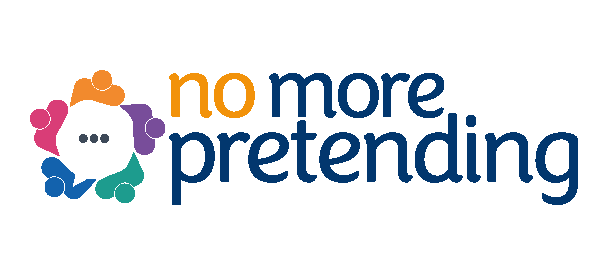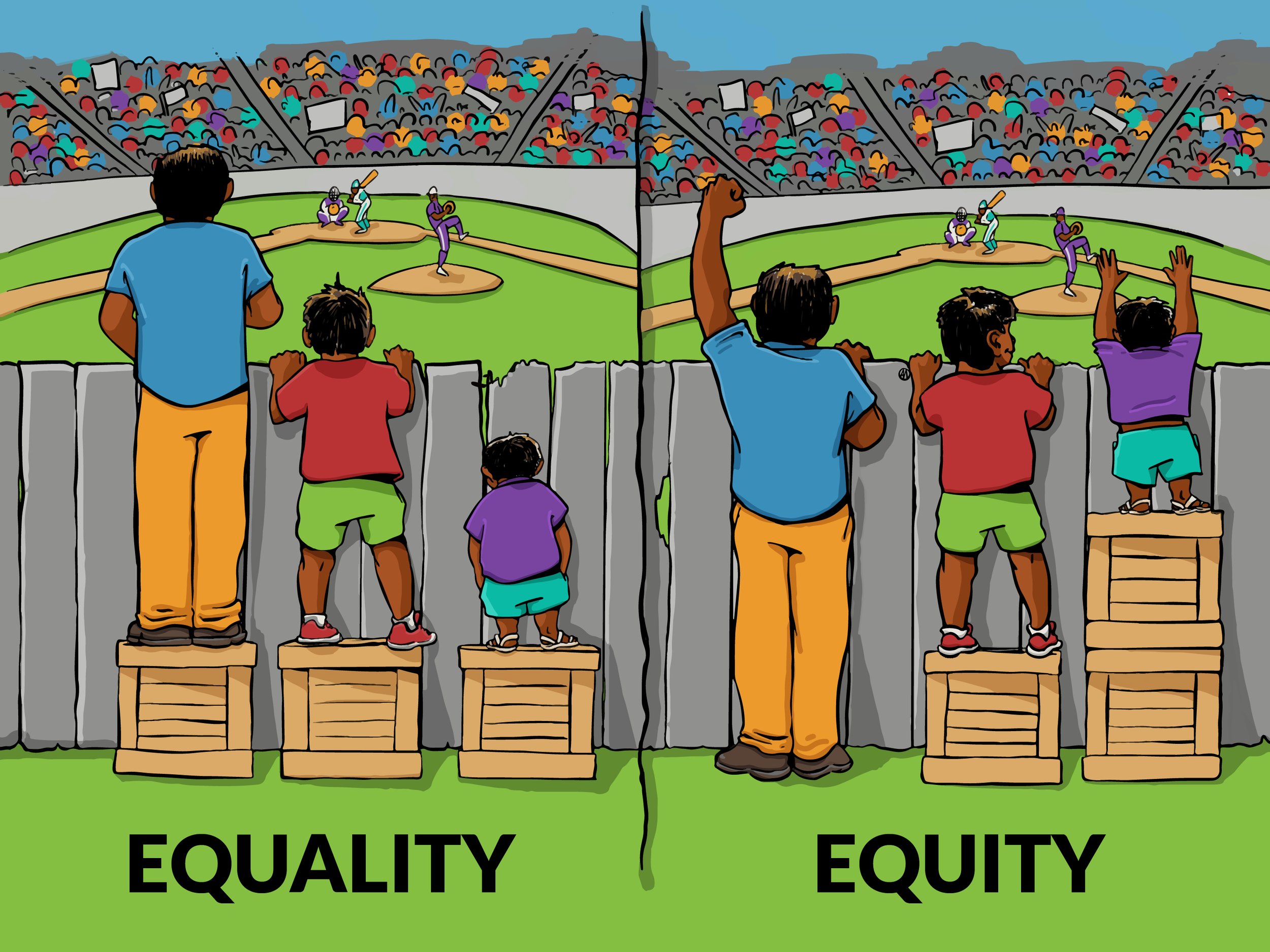The Importance of Equity Over Equality in Recovery Services
In any pursuit of a fair and just society, the concepts of equity and equality often come to the forefront. While both terms revolve around the idea of fairness, they represent different approaches to achieving it. This article will explore the importance of equity over equality and why understanding this distinction is crucial for building more inclusive and culturally appropriate recovery services for migrant communities.
Equality is often interpreted as treating everyone the same way, regardless of their circumstances or needs. It emphasises equal distribution and opportunities for all individuals, assuming everyone starts from an equal footing. Using the lens of recovery, this translates into the one size fits all recovery process. However, this approach fails to acknowledge the diverse challenges and barriers that individuals from migrant communities face. By analogy, this is similar to hosting a dinner party and inviting everyone but only serving meat and no vegetarian options. The vegetarians are invited but not included.
Equity recognises that not everyone starts from the same place and that fairness requires providing different levels of support and resources based on individual circumstances. It seeks to address systemic disadvantages and create equal opportunities by considering the unique needs and experiences of migrant communities. Although we will cover the unique needs of migrant communities in a future article, some of these include community attitude, social structures, faith, and racism, to name a few. Factors such as these shape a person's beliefs and identity, leading to significant barriers to accessing services that don’t consider them in the healing process. This is not to say that the differences are more significant than what is common for all alcoholics. Instead, it is the opposite, all alcoholics have more in common than different, but we can’t ignore the impact of these cultural differences on the individual.
This is summed up by a common theme I have heard from members of migrant communities when it comes to alcohol recovery services.
“How can they help me if they don’t understand me?”
This highlights the need for and importance of equity in recovery services such as.
Addressing Systemic Disparities: Equity acknowledges historical injustices and systemic biases that have created disparities among various groups. By actively working towards equity, we can address these imbalances and strive for more culturally appropriate services.
Fostering Inclusion: Equity promotes inclusivity by ensuring all individuals have access to the resources and opportunities necessary for personal and societal growth. It acknowledges the importance of diverse perspectives and experiences in creating vibrant and thriving peer recovery communities.
Building Stronger Communities: When we prioritise equity, we cultivate stronger communities. By valuing and supporting all individuals, regardless of their background or circumstances, we create an environment where everyone feels valued, respected, and empowered. This fosters social cohesion, trust, and cooperation among community members.
Promoting Sustainable Progress: Equity recognises that sustainable progress requires addressing the root causes of inequality. By implementing policies and practices that consider equity, we can work towards long-term solutions that uplift entire communities rather than simply mitigating the symptoms of inequality.
A simple first step on the journey towards equity is to understand the cultural mix of the local population a service is supporting. Through understanding the local demographics, a recovery service can improve healthcare delivery by helping to focus resources and improve cultural literacy, education and resource allocation.
While equality aims to treat everyone the same, equity recognises the importance of fairness based on individual circumstances and needs. We can address systemic disparities, foster inclusion, build stronger communities, and promote sustainable progress by prioritising equity. Through understanding and embracing the principles of equity, we can create recovery services where everyone has an equal opportunity to thrive, regardless of their background. Over the coming months, we will explore this subject in more detail and introduce our ideas on how to build culturally tailored services that meet the needs of migrant communities. Let us strive for equity and work together towards a more diverse and inclusive recovery landscape.

